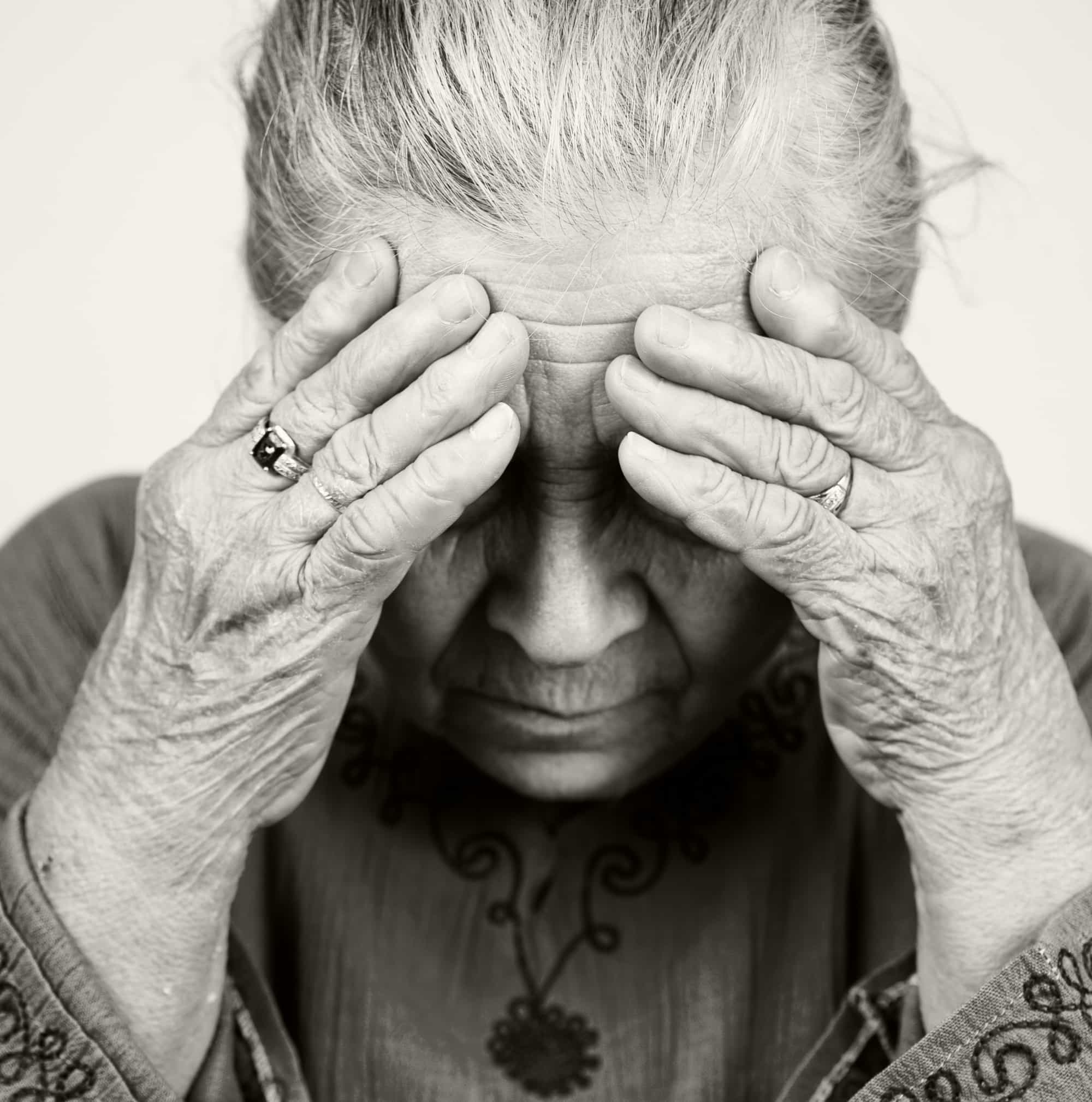
Is a Nursing Home Bill of Rights Really Needed in Florida?
2017 was a pretty traumatic year for Florida nursing homes with numerous claims of neglect compounded by a media frenzy after Hurricane Irma wreaked havoc on much of the state. With the Florida Constitution Revision…
2017 was a pretty traumatic year for Florida nursing homes with numerous claims of neglect compounded by a media frenzy after Hurricane Irma wreaked havoc on much of the state. With the Florida Constitution Revision Commission (CRC) convening to review proposed changes, many people are asking – “Is a Nursing Home Bill of Rights Really Needed in Florida?”
To answer that question, let’s take a look at some of the primary issues that led legislators to propose the addition of a Nursing Home Bill of Rights in the first place. If you have questions about nursing home resident rights, contact MedMalFirm.com to learn more.
Is a Nursing Home Bill of Rights Really Needed in Florida?
In February 2017, an Orlando area nursing home received 20 health violations and was fined almost $1 million. The facility was also labeled as a repeat offender and placed on a national watch list. The reason? A series of events that left nursing home residents improperly cared for or supervised, some of which resulted in injuries.
The week before Valentine’s Day 2017, the facility sent nine residents on a store outing. Only one assistant was sent to supervise and care for the residents. One of the residents needed to use the restroom, but was unable to locate the assistant in the store. So he decided to go to the restroom on his own. Without assistance, the resident lost his balance and control of his bowels and fell into his own feces. The fall resulted in a broken hip. A stranger in the restroom attempted to help the man, and had the store page the assistant. While attending to the emergency, the assistant left the other eight residents without supervision or care.
Federal regulators responded to this incident and others, and found the facility to be posing “immediate jeopardy” to residents. In addition to this incident, regulators also discovered that the facility had failed to provide dialysis to a resident requiring it.
In addition to facilities failing, in general, to provide necessary quality care and supervision, another issue causing lawmakers to propose changes to the state constitution is the response and aftermath of Hurricane Irma. During Hurricane Irma, power outages resulted in numerous problems for nursing homes across the state. Twelve nursing home residents died in a nursing home near Hollywood, Florida, with heat exposure listed as one of the primary causes. Other reports during Hurricane Irma suggested that some nursing homes allowed residents to sit in standing water due to flooding.
What Would a Nursing Home Bill of Rights Offer?
Proposal 88, as it is formally known, is the proposal set before the CRC in the hopes of establishing a Nursing Home Bill of Rights in Florida’s state constitution. If adopted, Proposal 88 would introduce specific rights for nursing home residents, including:
- The right to be treated “courteously, fairly and with the fullest measure of dignity”
- The right to be given “adequate and appropriate healthcare”
- The right to live in “a safe, clean, comfortable and homelike environment”
- The right to have “reasonable precautions” taken against natural disasters and extreme conditions
It would also address issues like arbitration clauses, which have been a sore spot for legislators and advocacy groups for quite a while.
There are many supporters, and an equal amount of opposition, to Proposal 88. Advocates for nursing homes feel that such a Bill of Rights is nothing more than opportunity to expand lawsuits. Still, advocates for nursing home residents argue that many of the terms and requirements identified in the proposal are already used in the constitution, but that Proposal 88, if formally adopted, would clarify the responsibilities of nursing homes.
Current laws and regulations push to soften fines, discourage regulators from imposing fines, and ultimately, protect nursing homes. State inspection reports are often redacted and are practically useless to the public when reviewing nursing home quality and safety. Proposal 88 aims to change that and ensure that first and foremost, resident rights, safety, and comfort are protected.
Why Florida Needs a Nursing Home Bill of Rights
Florida, also called the “sunshine state”, is a haven for retirees and elderly individuals looking for warmer weather and comfortable living. Currently, there are around 70,000 Floridians living in nursing homes across the state, and estimates suggest that number will increase greatly as the “baby boomers” continue to reach retirement age.
Add to this the fact that Florida is in a natural disaster-prone part of the country, and a Nursing Home Bill of Rights seems like a logical option to ensure that the state’s most vulnerable residents are protected now and in the future. Public hearings will be held through May 2018, and if Proposal 88 passes the CRC’s final vote, it will appear on the ballot in November.
Learn More about Nursing Home Resident Rights
Making the decision that it is time for you or a loved one to seek the care and supervision of a nursing home is never easy. With so much uncertainty about the safety and quality of many nursing homes, and constant media coverage of neglect or abuse, it can be even more troubling. Fortunately, the knowledgeable and compassionate healthcare negligence attorneys at MedMalFirm.com are here to help.
If you are considering a Texas nursing home, contact us to learn more about resident rights and what you should look for, and look out for. Fill out our online form to speak with one of our skilled nursing home abuse attorneys.
